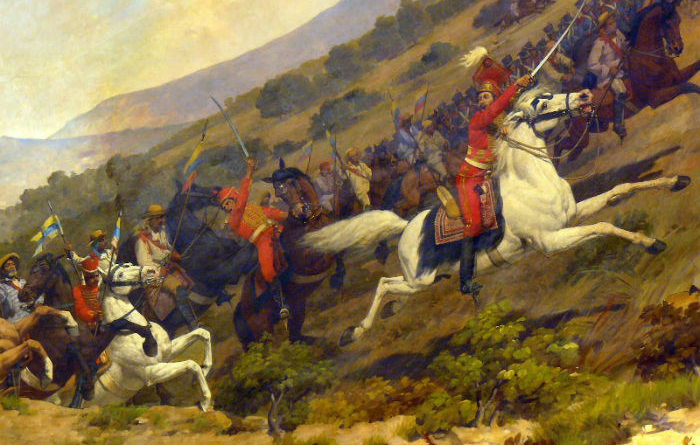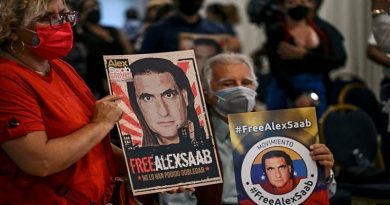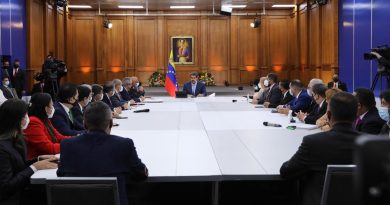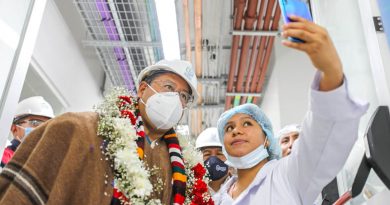200 Years Since the Battle of Carabobo
Today marks 200 years since the Battle of Carabobo in Venezuela, the battle which dealt the deadly blow to Spanish colonialism and which would secure independence a couple of months later. This week, social movements from five continents are gathered in Caracas for the Bicentennial Congress of the Peoples of the World to express solidarity with the Bolivarian Revolution as it faces new attacks on the country’s independence.
The Battle of Carabobo took place on the western plains of Caracas, as the patriotic forces led by Simon Bolivar and Jose Antonio Paez, broke the agreed ceasefire with royalist forces and faced them down in Carabobo with far superior numbers. Some 10,000 soldiers against 4,000 fighting for the crown.
As the patriotic forces approached Carabobo, they split in two, with Bolivar leading the attack through the center, and Paez went around the right flank, during which the Spanish forces began firing at them. Bolivar was able to come through the middle and take the territory.
There were roughly 3000 casualties, mostly on the royalist side, but among the losses for the patriots was the legendary Pedro Camejo, known as ‘El Negro Primero’. An Afro-Venezuelan lieutenant in Bolivar’s army, he had been forced to fight in the royalist army in the battle of Araure, by his former slave master, Vicente Alonzo of Apure. However, Camejo deserted them and joined the patriots, quickly rising to fame due to his bravery and proficiency with a spear.
Camejo was killed in battle by Spanish forces in Carabobo and it is said that once he sustained his deadly injuries, he turned to General Paez and said, “My general, I have come to say goodbye because I am dead,” according to the historian Eduardo Blanco.
Today, the Bolivarian Revolution marks the day, not just as an exercise in historical memory, but as a call to arms to continue the struggle for Venezuela’s independence in the face of extraordinary challenges and colonial attacks.
As the country faces down economic blockade from the United States and other threats of intervention, Adán Chavez, International Secretary of the ruling PSUV, told the Bicentennial Congress on Tuesday that, “Carabobo is permanent, Carabobo continues to summon us and pushes us to continue fighting for the true liberation of our peoples, to continue two hundred years later, promoting the integration of the peoples of the world.”
Speaking in 2012, Hugo Chavez said, “The country was born in Carabobo. Every day we have the responsibility of continuing, of maintaining the victory in Carabobo. Giving it life, every day in greater splendor for the country, for independence, an open door that will permit us to conquer the goods for our people and our homeland, for our Venezuela. We cannot allow the doors of independence to close again. How much did it cost us to open them? How much did it cost to open them nearly 200 years ago? When Bolivar arrived with the army united, that is to say, with the people as the army.”



